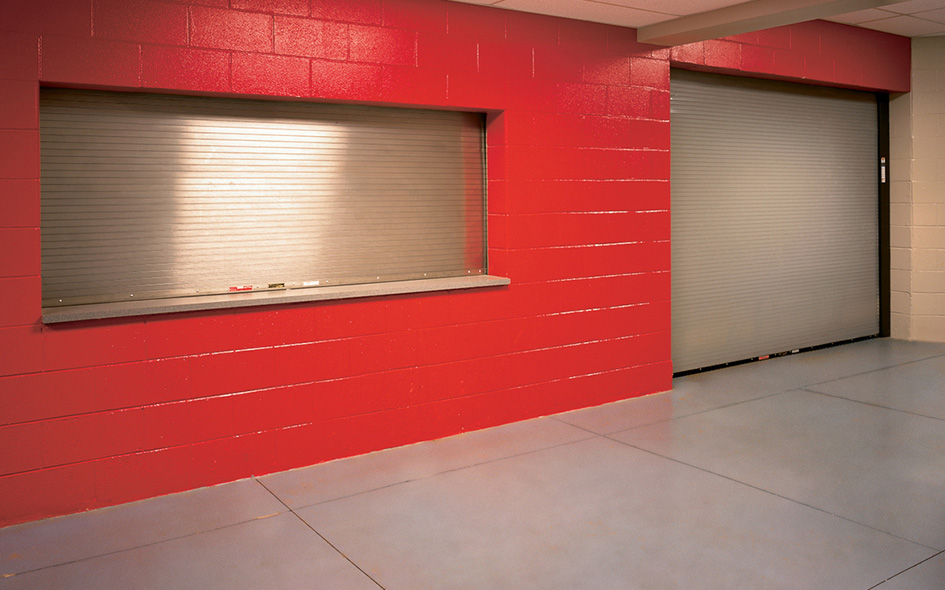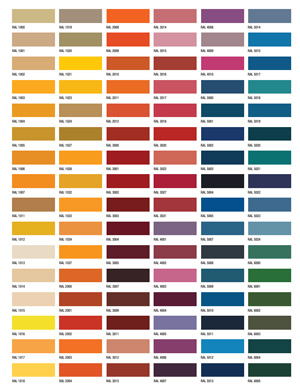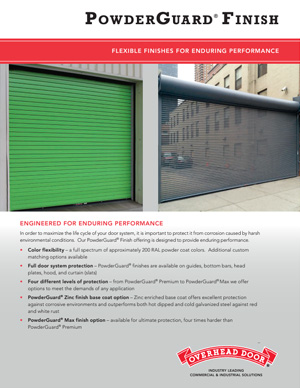Construction
| Product Specifications |
| Standard Max Width |
14’0″ (4267 mm) |
| Standard Max Height |
11’2″ (3404 mm) |
| Labels – masonry |
UL 3 hour Class A (FM optional) |
| Labels – non-masonry |
UL 1-1/2 hour Class B (FM optional; 3 hour optional UL & FM) |
| Curtain |
Flat slat curtain design in No. 4 stainless steel finish |
| Fusible link for added safety |
Separates at 165°F (74°C) to automatically close the door in case of fire |
| Controlled rate of descent |
Governor controls rate of door descent during a fire |
| Attractive appearance |
Compact box guide design for an attractive appearance |
| Upward-expanding guide design |
Allows for flush to counter top installation |
| Locking |
Slide bolt locking on push-up/crank |
| Fire doors are in compliance with: |
National Fire Protection Association (NFPA-80) |
Warranty
The Fire-Rated Counter Doors Model 641 are ideal for openings requiring a counter-type fire-rated door. Common applications include factories, schools, concessions, hospitals, cafeterias and retail settings. Labeled with either a 3-hour Class A rating for masonry applications, or a 1 1/2-hour Class B label in non-masonry fire walls, these doors are designed to expand upward in a fire, allowing the guides to be installed flush with the sill. This counter fire doors are UL approved and can be custom designed for conveyor openings. Their compact, box-like form also provides an attractive finished appearance that requires minimum side room. This fire-rated counter door has exposed components made of stainless steel. A host of standard and optional features further enhance performance of these doors for fire-rated applications.
Built-In Safety.
These fire-rated counter doors feature fusible links. These links separate at 165°F (74°C) for ambient conditions under 100°F (38°C), or at 212°F (100°C) for ambient conditions over 100°F (38°C), to close the door automatically under governor control. These doors meet strict fire safety testing standards, including New York City (MEA) and State of California (CSFM) requirements.






